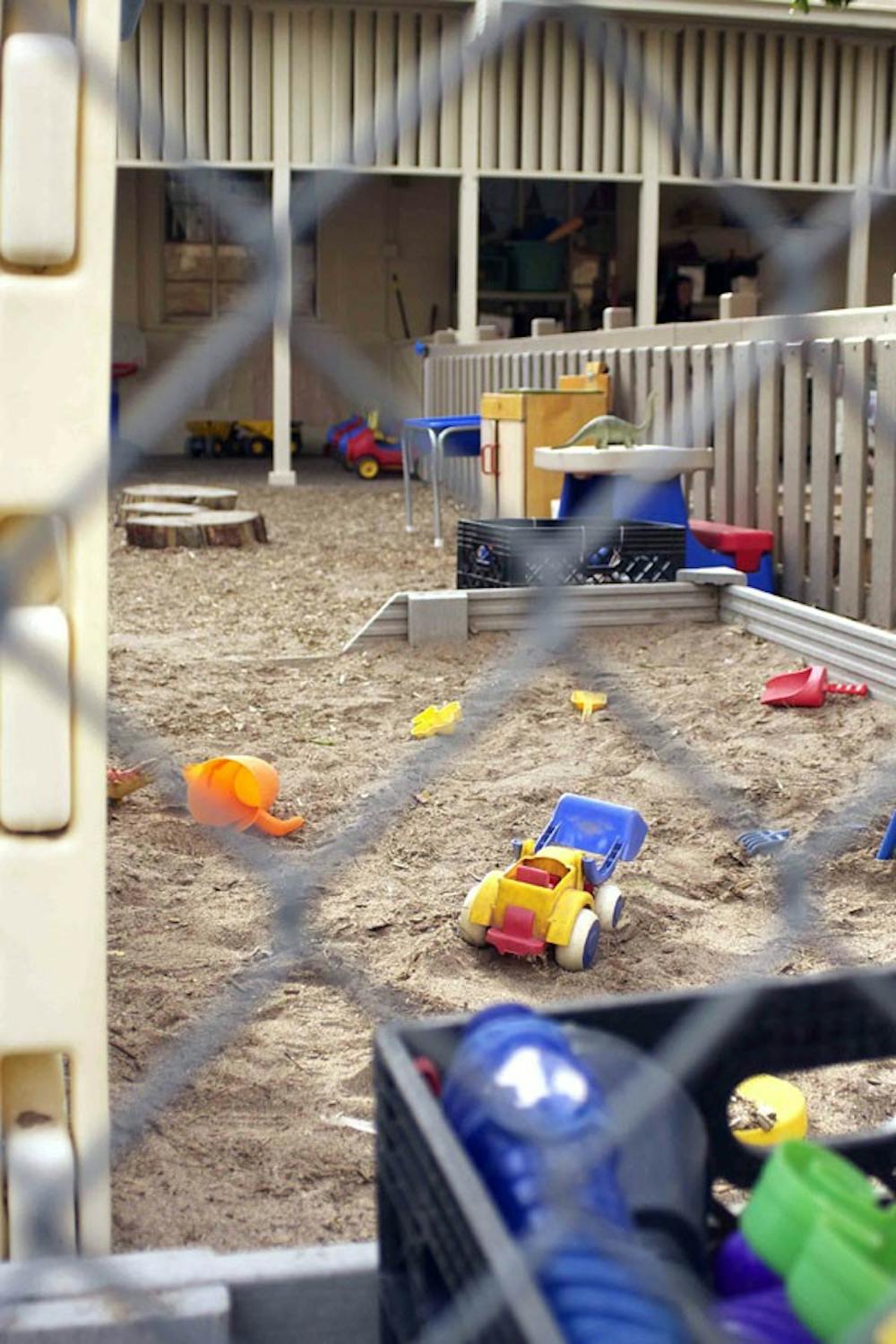While many Arizona police-makers support choice among public and charter schools in elementary education, a new report says efforts should be redirected toward improving the schools students are already in.
The report, conducted by Arizona Indicators for the Morrison Institute, shows that 87 percent of students re-enrolled in their traditional public school from 2008 to 2009. Charter schools saw 77 percent of students re-enroll in the same period.
"We look at the other side of the school choice issue," said assistant education professor David Garcia, who led a team of ASU graduate students in the creation of the report. "Arizona has embraced school choice pretty considerably. All of the pro-school choice literature looks at students moving — students leaving public school and entering charter school."
With that same mindset, the data examines students who re-enroll at the same school in the same way that a business would attempt to measure customer loyalty, Garcia said.
Arizona Indicators compiled the report with data from the Arizona Department of Education, analyzing the individual records of 653,227 students from 1,463 K-8 and K-6 schools throughout the state.
The report examined re-enrollment trends of schools in comparison to their rating under the AZ LEARNS school achievement label. AZ LEARNS achievement profiles are how the Department of Education rates the quality of elementary schools throughout the state.
Though the report states that there are no clear trends in the performance of public and charter schools and their re-enrollment rates, public schools with higher performance ratings have higher re-enrollment rates (89 to 91 percent) than charter schools (80 to 87 percent). It also showed that low quality rated public schools have higher re-enrollment rates than charter schools of the same rating, 86 percent and 71 percent respectively.
Stephanie Grisham, spokeswoman for the Arizona Charter Schools Association, said school choice creates competition.
“I think that charter schools are doing a good job in that they are competition and they stimulate competition,” Grisham said. “If there’s more competition, that just means better educational performance, and we’re all for it.”
Garcia shared sentiments that the education system is “like a market,” but said the current philosophy of education reform among policymakers is rooted in the business approach to keeping customers, he said.
“We are applying a business analogy that doesn’t fit precisely well with schools,” Garcia said.
People don’t switch schools like they will switch coffee shops and dry cleaners, Garcia said in speaking about the school choice movement.
“In fact, the literature says the more invested you are in your school and your community ... the more likely you are to stay around, even if that school isn’t doing well,” Garcia said.
Grisham agreed that there are many factors involved in school choice, like athletic programs, community and transportation.
“The factors vary greatly,” she said. “It’s interesting now as we get into an era with school choice. I think that school choice is only going to grow as people become more educated about it.”
Though she said the focus on school choice leaves certain public schools behind with tax breaks and other benefits afforded to charter schools, Grisham said the Arizona Charter Schools Association’s position is unchanged.
“I think that any school that’s not doing a good job should focus on their effort of improvement,” she said. “However, we’re going to stand by school choice because every child learns differently, and charter schools provide many options.”
The report says that policymakers should consider aspects other than the school’s performance when rating them, and research how parents make decisions about where their children go to school.
“We use terms like efficiency and effectiveness when speaking of schools,” Garcia said. “We need policies that can make schools better communities.”
Reach the reporter at joseph.schmidt@asu.edu





